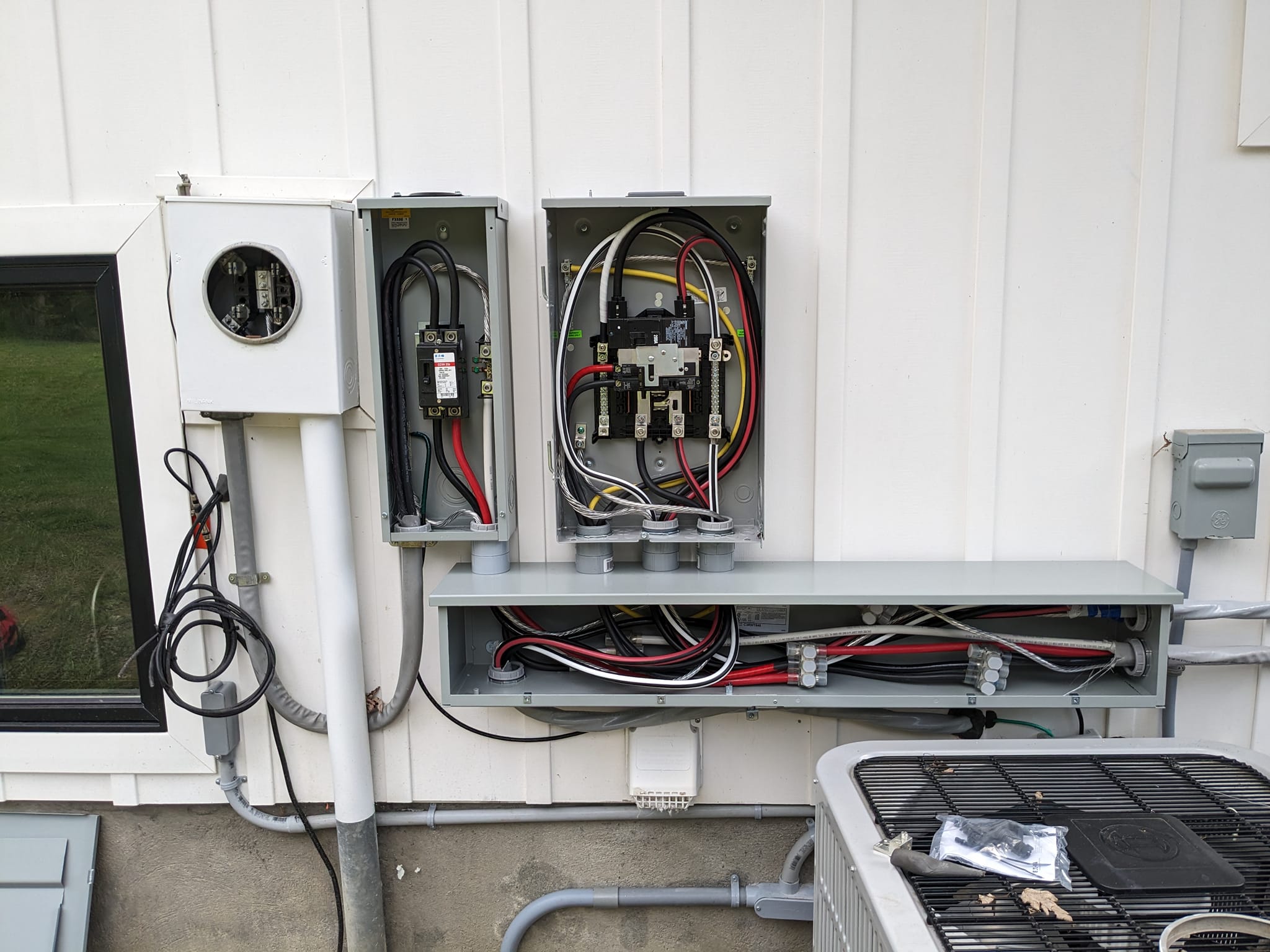
Ensuring Electrical Safety: Common Hazards and How to Avoid Them Sep 20, 2025
Electrical hazards pose significant risks, including fires, shocks, and even fatalities. Identifying these risks is the first step in prevention. Overloaded circuits, damaged cords, and faulty wiring are among the top culprits of electrical issues. Furthermore, water and electricity make a dangerous pair, increasing the risk of shock if not properly managed. It's essential to recognize these hazards to create a safer environment.
To prevent overloaded circuits, distribute electrical loads evenly across circuits. Avoid plugging too many high-wattage appliances into a single outlet. A common mistake is the excessive use of extension cords and power strips, which can lead to circuit overloads. Instead, install additional outlets or circuits where necessary. For commercial properties, regular inspections by a qualified electrician can identify potential overloads before they become dangerous.
Another prevalent hazard is damaged electrical cords. Cords that are frayed, exposed, or otherwise compromised should be replaced immediately. Using damaged cords is a fire hazard and increases the risk of electrical shock. It's important to choose cords of the appropriate length and rating for the devices they power. Ensuring cords are not running under carpets or rugs will prevent overheating, which can also pose a fire risk.
Faulty wiring is a significant contributor to electrical problems. Older properties, in particular, may have outdated or damaged wiring systems. Regular electrical inspections are vital, especially if your property is over 40 years old. These inspections can uncover hidden hazards and provide opportunities to upgrade wiring, thus enhancing safety and efficiency.
Water and electricity are a hazardous combination. In areas prone to moisture, such as kitchens, bathrooms, and outdoor spaces, Ground Fault Circuit Interrupters (GFCIs) should be installed. GFCIs quickly shut off power in the event of a ground fault, significantly reducing the risk of shock. It is equally important to keep electrical appliances away from water sources and ensure your hands are dry before handling electrical devices.
Recognizing warning signs of electrical issues, such as flickering lights, frequent circuit breaker trips, or burning smells, should prompt immediate action. These signs are indicators of potential electrical failures. Contacting a professional electrician from McMaster Electric to conduct an assessment and make necessary repairs is paramount for maintaining safety.
Investing in routine electrical maintenance is a proactive approach to preventing hazards. Regular check-ups by a licensed electrician can identify issues before they escalate into significant problems. McMaster Electric offers comprehensive inspection services designed to keep your system running smoothly and safely.
In conclusion, ensuring electrical safety is an ongoing responsibility. By understanding and addressing common hazards, such as overloaded circuits, damaged cords, faulty wiring, and water exposure, you can protect your home or business from the dangers of electrical malfunctions. Partnering with professionals like McMaster Electric ensures peace of mind and the safety of your loved ones and property. Remember, when it comes to electrical safety, prevention is always better than cure. Stay safe, and always prioritize electrical integrity to maintain a secure environment.
/filters:no_upscale()/filters:format(webp)/media/e88f6822-9c47-41c1-895c-2a244c7890b1.jpg)